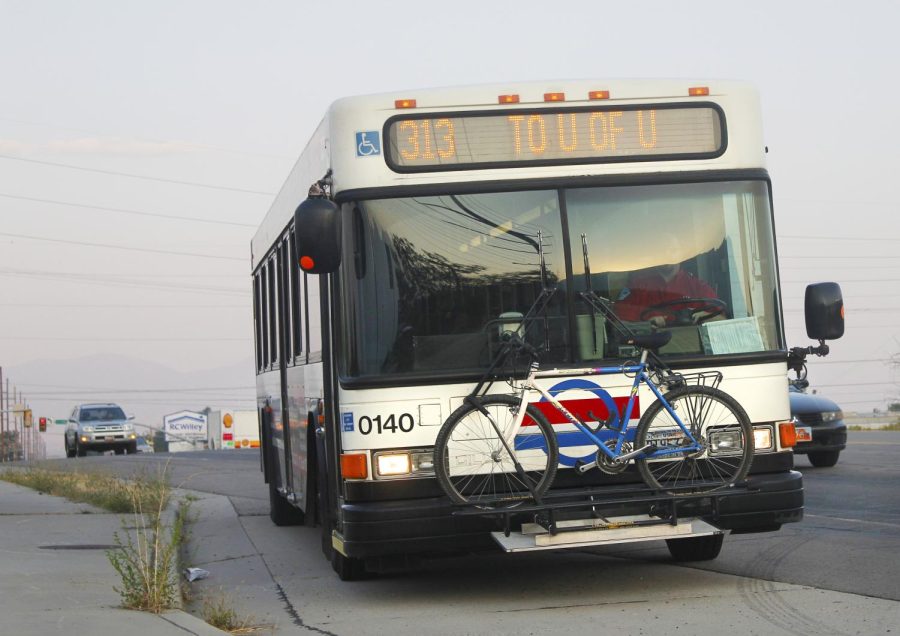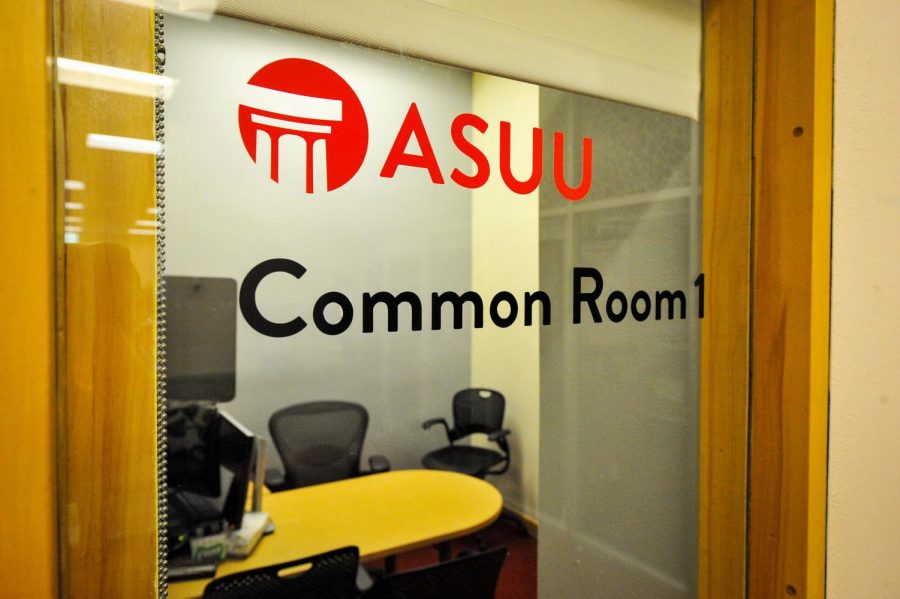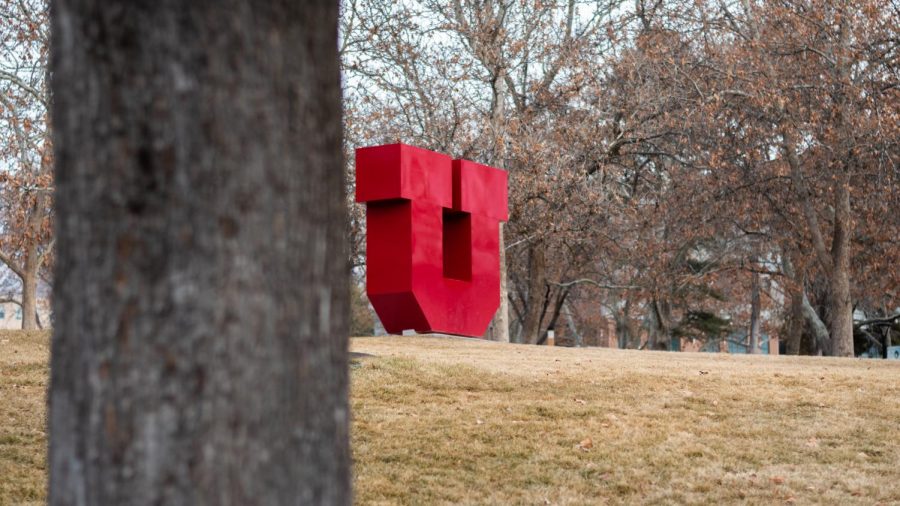Lezaic: Getting the Most Out of College as a Commuter
July 17, 2022
College certainly has its challenges, and commuters face many of them on an exceptionally inconvenient level. Living off-campus can pose barriers to getting the full college experience many students dreamed of. But by preparing in advance, taking advantage of opportunities and putting themselves out there, commuters can make a place for themselves here at the University of Utah.
Eating as a Commuter
Hunger can be a powerful motivator for students to leave campus earlier than they would like. Students who live further away from campus don’t have easy access to their next meal, and food on campus is pricy. Alternatively, less expensive items in vending machines rarely fill people up.
Commuters who drive all the way to campus can keep snacks in their car. Those who use public transportation may need to keep food in backpacks or carry lunchboxes. Meal prepping is another great way to ensure a lengthier stay on campus, as packing lunch the night before can help students who sleep in or don’t have time to pack lunch.
Some days, commuters don’t have the energy or motivation to pack food. In this case, Lassonde’s café is open later than other cafés and is open to all students. And keep an eye out for free food, as different campus events will provide options that range from snacks to full catering services.
Transportation as a Commuter
Commuters also feel the impact of living away from campus on their wallets. One of the biggest perks U students get is free access to public transportation. Students can take buses or the train to save money. U student Abby Sleight finds a compromise between long, costly drives and the sometimes inconvenient reality of Utah’s public transportation system. “I’m going to drive halfway, and then I’m still going to take the train,” they said. Other commuters use this tactic as well, but be sure to check how late the trains and buses run at night.
Public transportation also helps students who avoid parking at the U. In addition to being expensive and heavily patrolled by parking security, parking lots at the U fail to adequately accommodate students with disabilities. According to Sleight, navigating such a large campus is tiring enough without having to hunt down accessible parking spots.
“I wish there was a lot more accessible parking all throughout campus,” Sleight said. For students facing this inequity, the lots at some train stations may provide more accessible parking. But we should be advocating for this issue so everyone on campus can enjoy the college experience, not just those who easily commute to campus.
Socializing as a Commuter
When basic needs such as food and transportation are taken care of, commuters have the chance to stick around on campus and explore. There is almost always some sort of event happening on the premises, which is a perfect opportunity for commuters to socialize. Campus involvement is crucial for students who live far away from campus and experience isolation from their peers. Commuters can cultivate connections with all sorts of people by attending events like dances, tea parties and movie nights. These events are often advertised through social media, primarily with Instagram. Campus Connect is also a good resource for finding clubs and events to be involved in. Campus Connect chronologically displays upcoming events and allows students to plan ahead for attending them. This is crucial for commuters as they cannot just step out of their dorms and spontaneously attend.
Commuters may change their mind about attending events because participating seems lonesome. A good way to solidify active participation is by extending the invitation to classmates, allowing for potentially valuable friendships to develop and lead to meeting more people. To find people to invite, try befriending the students in more common areas of campus. Don’t be afraid to go up to people and talk to them. The start of a new semester, particularly in the fall, is when many people are most open to new connections.
Though it may take a little more work, commuters can enjoy a wide scope of what our campus has to offer.








